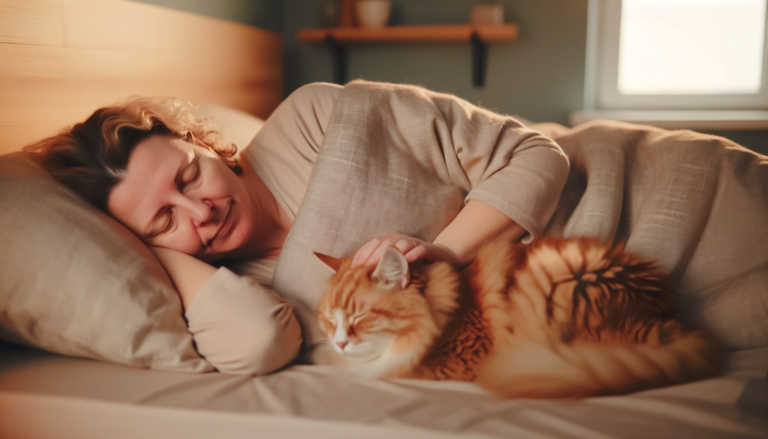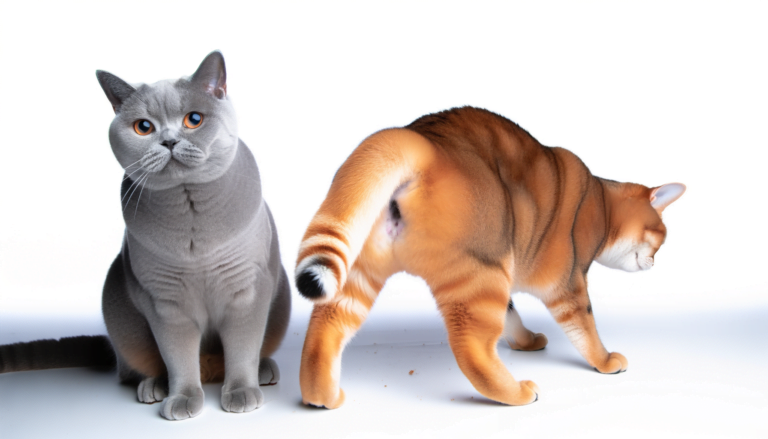Understanding Feline Companionship: Why Cats Choose To Sleep At Your Feet
Cats choose to sleep by your feet as a display of trust and companionship while maintaining their safety. In the wild, felines engage in protective sleeping behavior to guard against potential danger. By sleeping at your feet, they remain relatively undisturbed, offering them a sense of security – another facet of their instinctual behavior. Their location also showcases their affinity for you, as shared warmth is a form of bonding in the world of cats. This combined satisfaction of safety and social inclination explains why your furry friend prefers to curl up by your feet.



